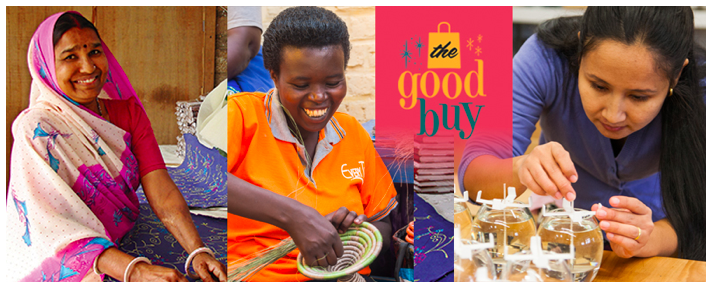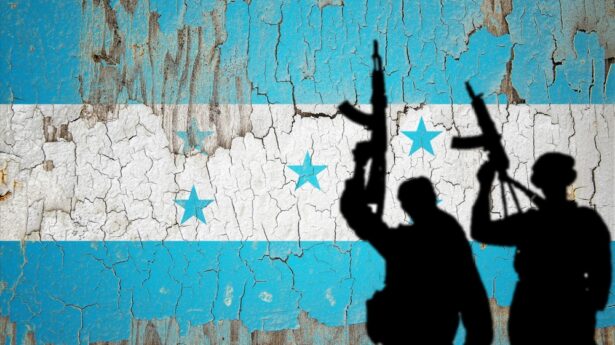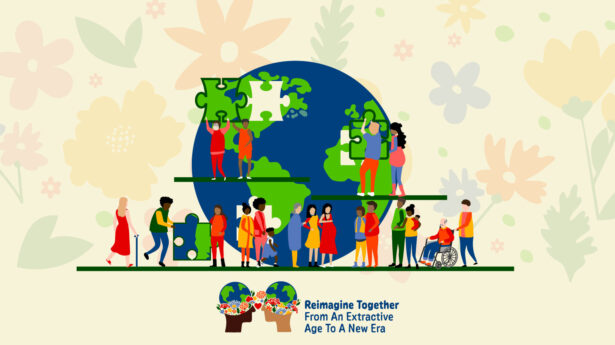The Unitarian Universalist Service Committee advances human rights through grassroots collaborations.
March 4, 2016, Rights Reading

March 4, 2016
Seeking safety and equity
Our weekly roundup of what we’re reading: a few select articles from the front lines of human rights that we don’t want you to miss.
1. “Flint and Haiti: A Tale of Two Rivers, a Tale of Two Crimes,” by Victoria Koski-Karell, Truthout
“These water crises, though distinct in important ways, can both be traced back to longstanding human-made systems that have simultaneously neglected and exploited low-income communities of color. As much as they are related to health, these human-made catastrophes are issues of social justice. . . . Whether in Haiti or Flint, all humans deserve the right to clean water and sanitation.”
This powerful op-ed outlines — and draws essential connections between — the toxic water crises that people in Flint and in Haiti are experiencing. And it also highlights the systemic racial discrimination implicit in the health inequities these water crises illustrate. This op-ed serves as an important reminder that Flint is not the only community facing a water crisis that is depriving people of their human right to water — there’s Detroit, there’s California’s Central Valley, there’s Haiti, and numerous other communities around the world. PS. Even the United Nations is calling out how the situation in Flint is violating fundamental human rights.
2. “Greece Tries to House Migrants as Other Gates Close,” by Liz Alderman, New York Times
“‘We’ve never seen it like this here,’ said Katerina Kitidi, a spokeswoman for the United Nations refugee agency, surveying the scene at the ferry terminal as women in head scarves huddled with children on a trash-strewn sidewalk near the sea while men stood in a snaking line for water and food. ‘With the borders shut, there is a big buildup of people and a definite danger of a bad humanitarian situation taking hold in Greece.’”
With more borders starting to close to refugees seeking safety in Europe, the number of refugees in Greece is swelling significantly. That’s why European leaders are calling for urgent support of Greece in the midst of the ongoing refugee crisis. It’s also why UUSC has been partnering with PRAKSIS (short for the Greek translation of Programs for Development of Social Support and Medical Cooperation), a Greek humanitarian organization, to welcome refugees as they arrive on the island of Lesbos, transport them to the refugee camp, and provide winterization kits for babies.
3. “Why a Single Question Decides the Fates of Central American Migrants,” by Eyder Peralta, NPR
“‘Many of the people who have been rounded up and will be deported, they already know their future,’ he says. ‘They’ll die of hunger or they’ll be killed by bullets.’”
This in-depth piece from NPR explores the legalities that Central American refugees — fearing for their lives, seeking safety in the United States — must navigate. In the wake of a string of raids by Immigration and Customs Enforcement and announcement of a U.S.-U.N. Central American refugee program, Rachel Gore Freed, UUSC’s vice president and chief program officer, said, “For those who do risk seeking asylum at borders, it still is the responsibility of the U.S. to ensure that international legal protection and screening standards are met by allowing children and families full, unobstructed access to legal counsel, minimal detention time with responsible, non-abusive treatment while there, and swift release to those who qualify for asylum claims.” To this end, UUSC partners with organizations like RAICES to ensure that asylum seekers are not being denied their human rights as they go through the asylum process and to educate people about the challenges these refugees face.

